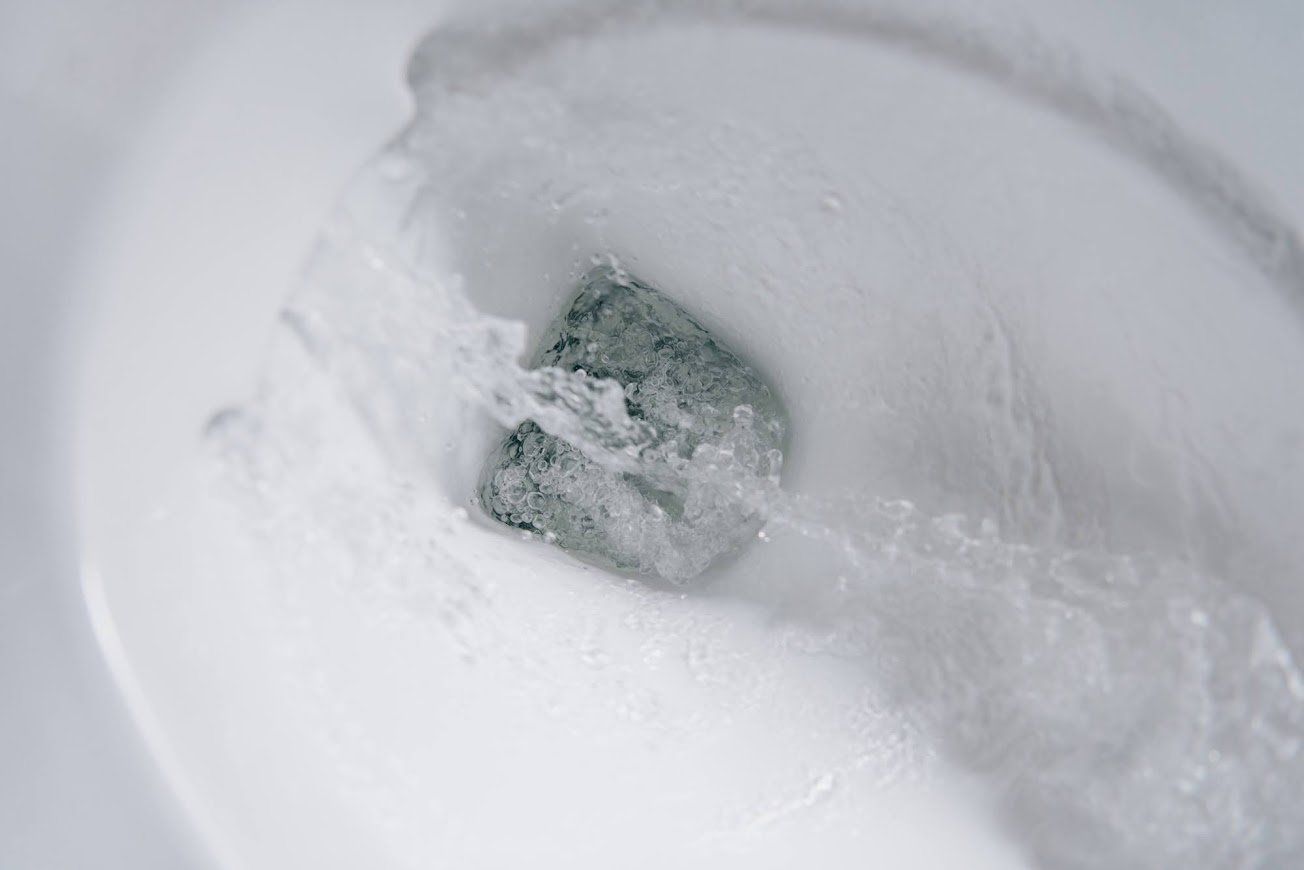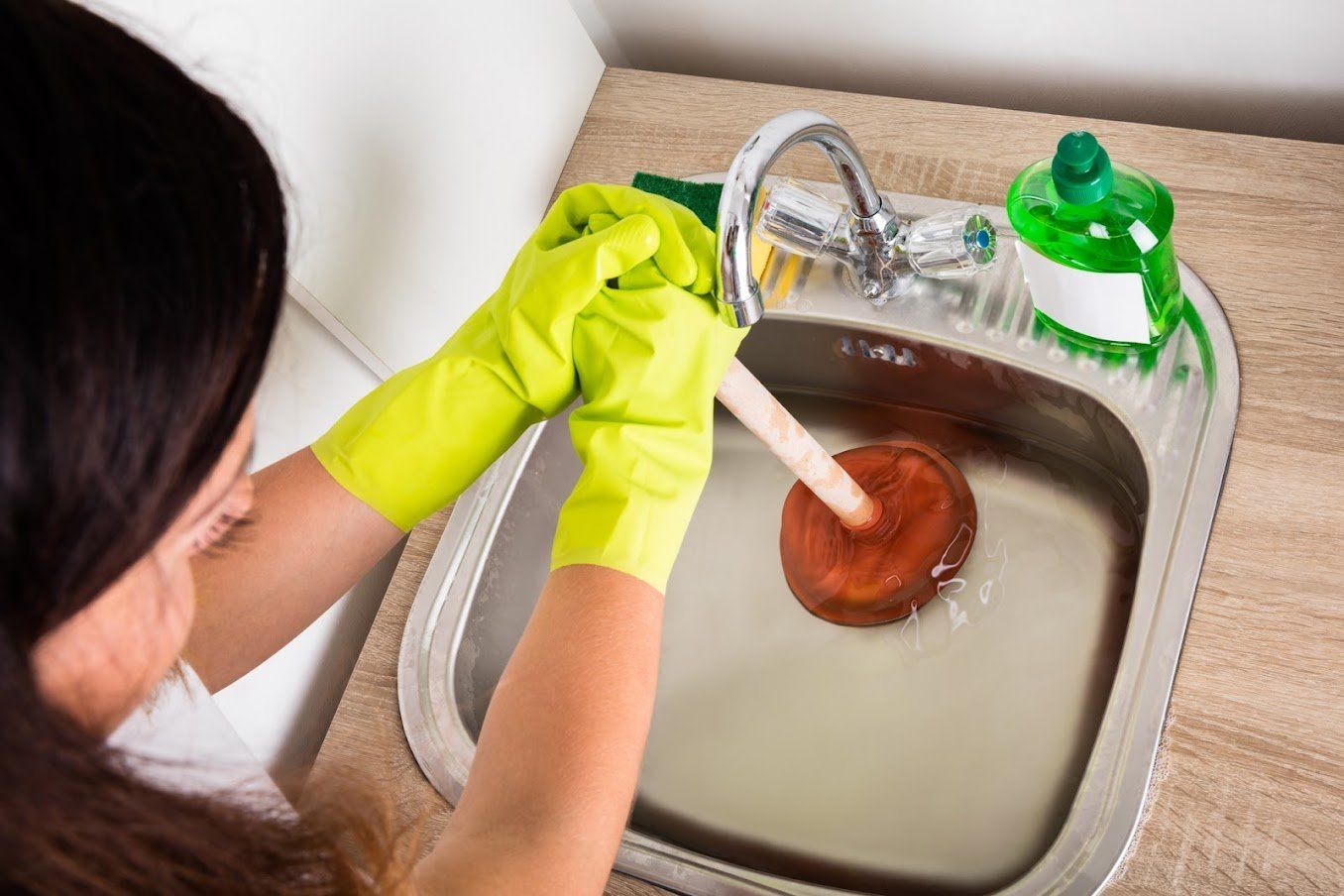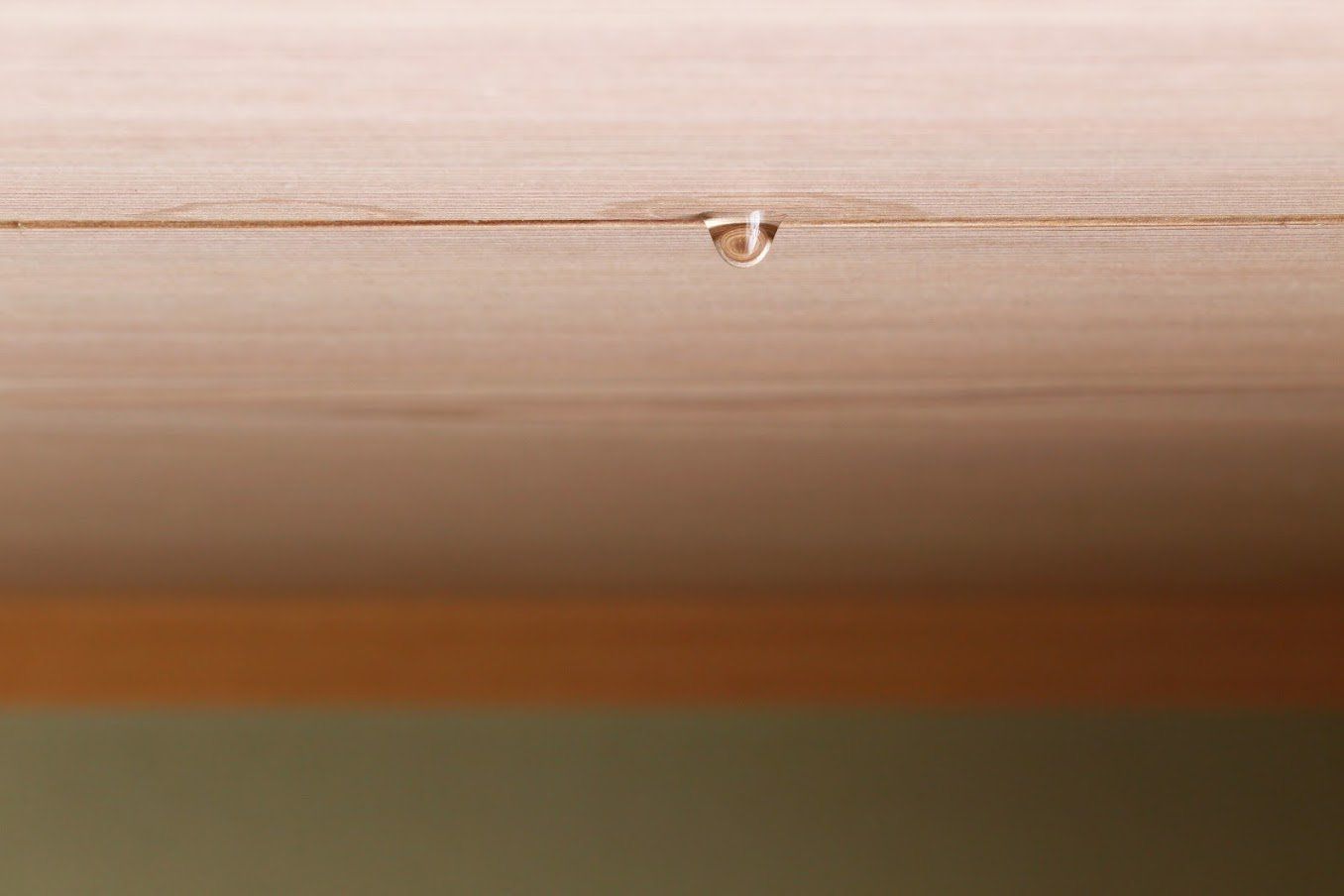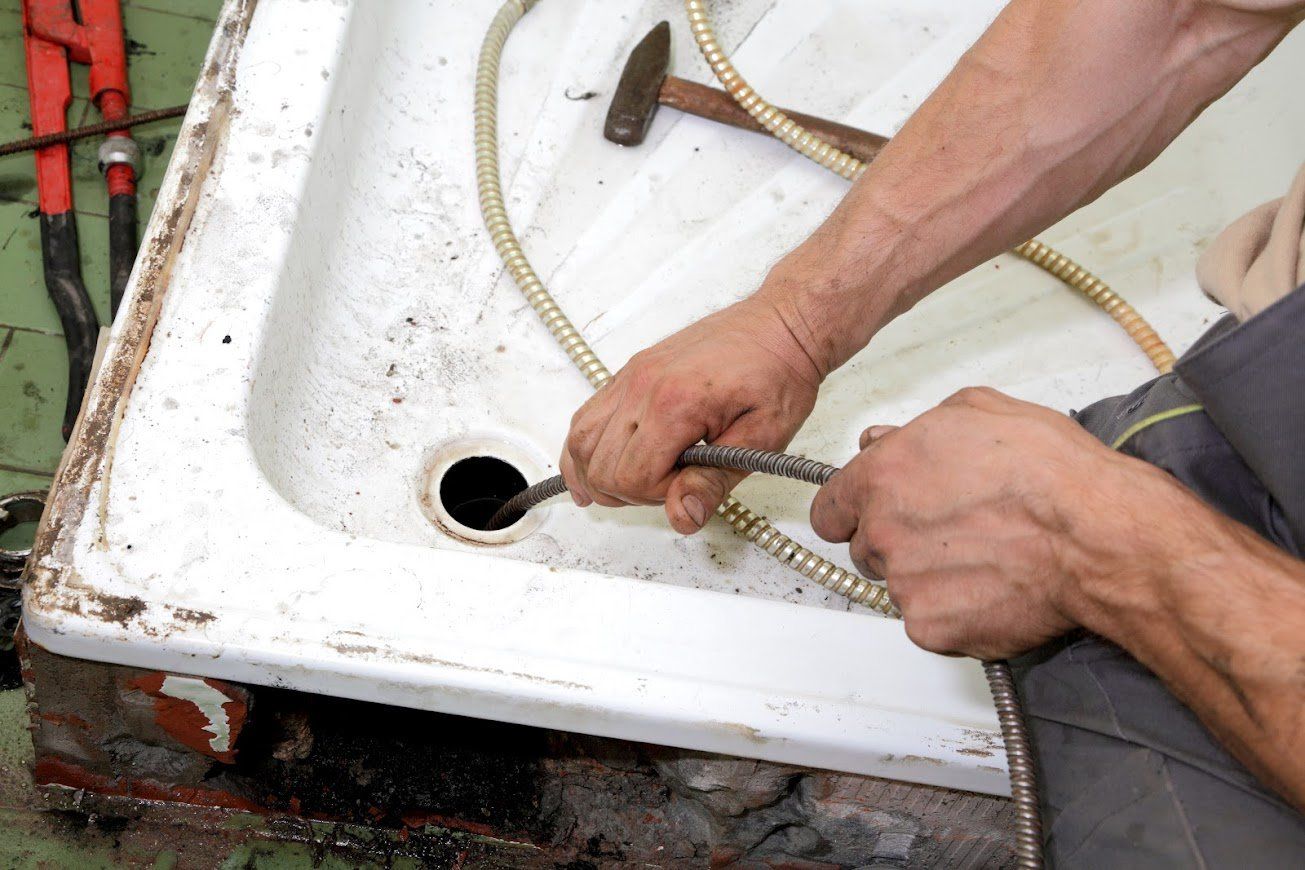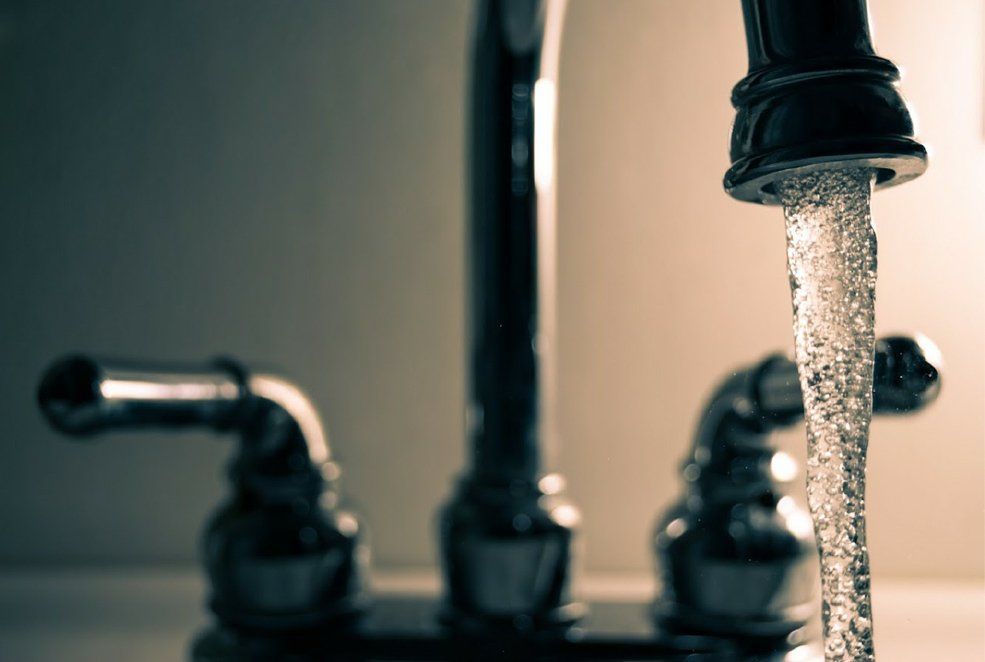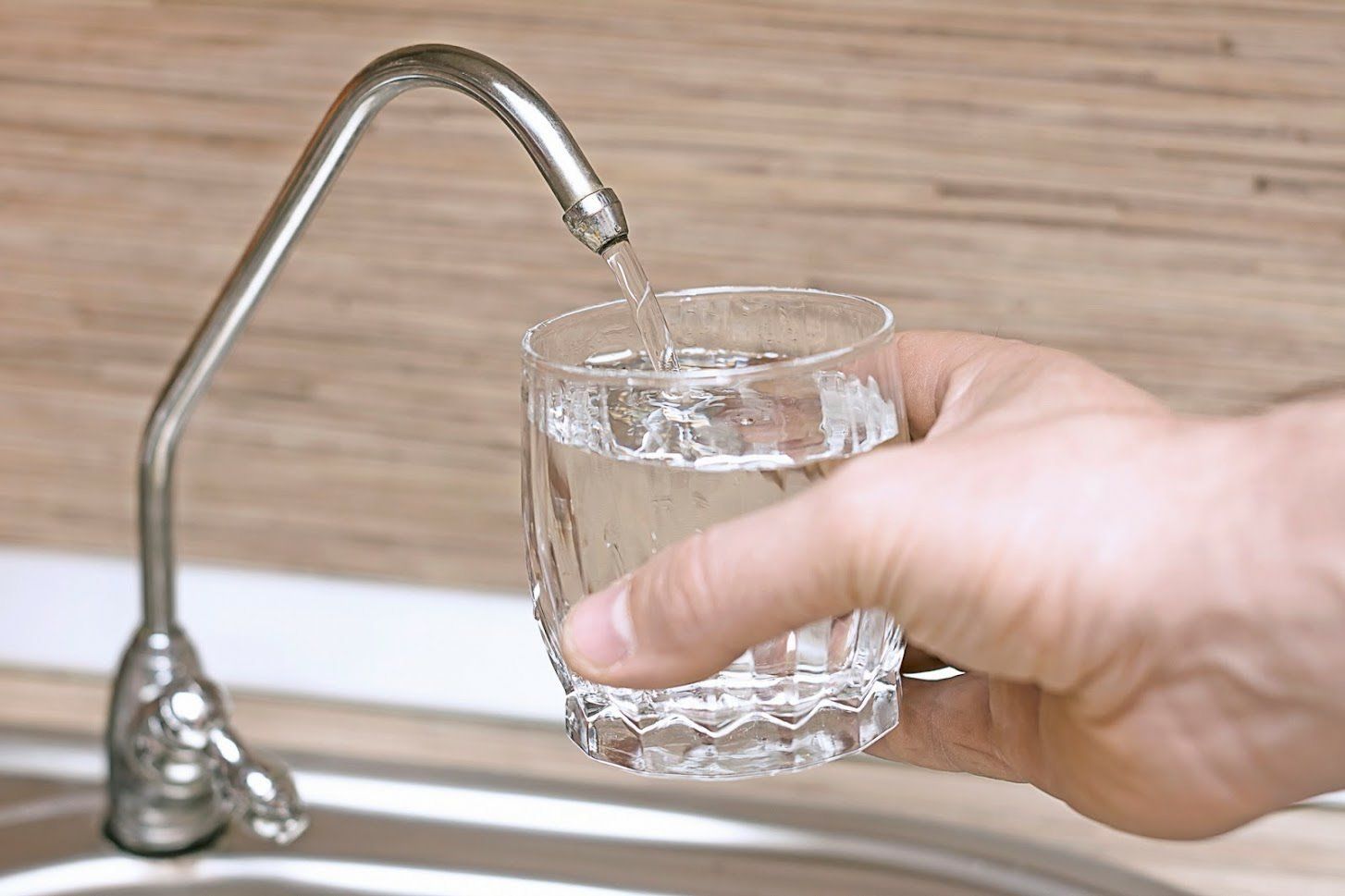ENERGY-EFFICIENT HVAC SYSTEMS: SAVING ENERGY AND MONEY
Admin • December 14, 2017

Your energy bills seem sky-high. Whether you're sweaty and sweltering or chilly enough to make a massive cocoon out of your sweaters and blankets, you need your HVAC system. And that means you need to pay for the costs related to running it. But you don't have to settle for spending, spending, and spending on it all of the time. You can lower your heating and cooling costs with an energy-efficient HVAC system.
What's the difference between an energy-efficient system and an older, inefficient model? If you have higher-than-average heating or cooling costs, understanding what a high-efficiency system is and what it can do for you is the first step in reducing your energy usage bills. Take a look at the facts you need to know about energy-efficient HVAC systems.
AFUE Ratio
You may have heard "AFUE" more than a few times when considering a new, energy-efficient HVAC system. When it comes to heating your home, the AFUE is the annual fuel utilization efficiency ratio. What does this mean? The AFUE tells you how efficiently the heating system turns its fuel (such as natural gas, oil, or electricity) into heat over the course of one year.
The higher the AFUE percentage, the more efficient your heating system is. An old, low-efficiency system typically has an AFUE that falls between 56% and 70%. A mid-range efficiency system's AFUE can run between 80% and 83%. Compare these to a high-efficiency system, which will have an AFUE between 90% and 98.5%.
Air Conditioning Costs
Obviously, heating your home isn't the only way that you use your HVAC system. You use it for cooling too. That means you need to consider which type of system works most efficiently for your home.
Modern AC systems can use up to half the amount of energy in comparison to models made in the 1970s, according to the U.S. Department of Energy. If your system is old but not ancient, you can still save money by upgrading your model. Replacing a 10-year-old air conditioner can save you between 20% and 4% of your AC-related energy costs.
If you're not sure which AC unit is the most efficient, look for the SEER number. A higher SEER, or seasonal energy efficiency ratio, number means that your system works more efficiently.
Regular Maintenance
You took the plunge and invested in a new HVAC system. At first, your heating and cooling bills went down. But now you're not seeing a major difference. What's going on? Even though you've picked an HVAC system with a high AFUE ratio or a high SEER number, you still need to maintain the equipment. Without proper maintenance, your system won't work like it's supposed to.
Your HVAC system needs annual service from a professional. This should include a preventative checkup to replace worn parts or spot problems before they go from minor to major. When your system's parts start breaking down, your heater or air conditioner has to work harder just to keep your home comfortable. Repairing and replacing worn parts helps to make sure that your high-efficiency system is actually working efficiently.
Along with preventative maintenance, annual service should include a professional cleaning. Clogged filters, debris-filled air ducts, or dirty parts can all also force your system to work harder. It becomes harder for the HVAC system to force the air through, causing a rise in the price you pay to heat and cool your home.
Are you looking for a new, energy-efficient HVAC system? Or do you need regular pre-season maintenance for your existing energy-efficient heater or air conditioner? Art Douglas Plumbing Inc. can help.


